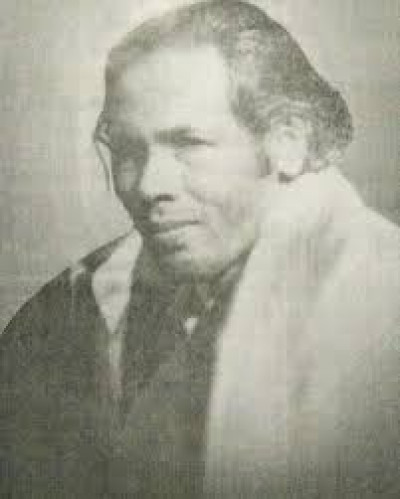Life & Legacy
Early Life and Journey :
He belonged to the Keot community. Due to financial hardship, his widowed mother raised him with great difficulty. Born in a humble family in Assam, Moghai Ojaha developed a passion for music from an early age. He devoted himself to the dhol, perfecting rhythms that later became symbolic of Assamese identity. Through years of practice, he rose to prominence as one of the finest exponents of traditional drumming. However, because of economic constraints, he could only complete primary school and was unable to pursue further education.
Contributions to Assamese Music :
Moghai Ojaha transformed the dhol from a rural folk instrument into a recognized symbol of Assamese culture. He performed across Assam and India, showcasing the richness of traditional rhythms. His work popularized Assamese folk music, ensuring that younger generations remained connected to their cultural roots. The spirit of Bihu celebrations, which heavily depend on dhol beats, found global recognition because of maestros like him.
Cultural Impact and Legacy :
Moghai Ojaha’s music was more than entertainment; it was a representation of Assamese identity. Through his drumming, he conveyed the strength, vibrancy, and emotions of his people. Even today, his name is synonymous with traditional dhol artistry.
His legacy continues through festivals, folk artists, and cultural programs that honor his contributions. For many, Moghai Ojaha is not just a musician but a cultural icon of Assam.
Maghai Oja earned fame in the world of cinema by showcasing his skill with the dhol (traditional drum).
He participated in several films, including "Piyoli Phukan" (Assamese), "Trishna" (Hindi), "Mahut Bandhure" (Bengali), "Ronga Police", and "Pratidhwani" (Assamese). Beyond films, he was actively involved in numerous stage plays and radio dramas. In gramophone-recorded productions like "Khora Sialor Biya" (The Marriage of the Lean Fox) and "Bharat Swadhinata" (India’s Independence), he performed dhol music. Recordings such as "Meghé Goja", "Boroxun Ona", and "Relgari Chola" stand as testaments to his unique artistic talent.
Maghai Oja passed away on 15 March 1978 at his residence in Meleng.
In summary, Moghai Ojaha was a master of the dhol whose artistry elevated Assamese folk music to greater recognition. His life and work remain a source of inspiration for musicians, cultural enthusiasts, and anyone who values Assam’s heritage.
